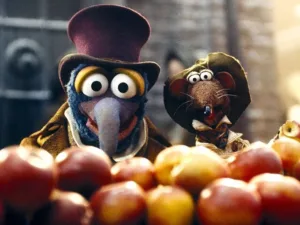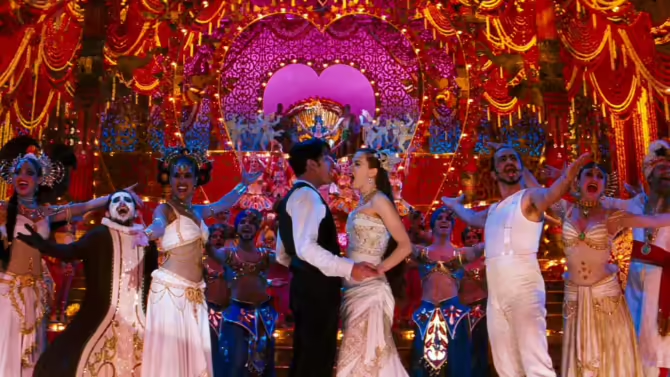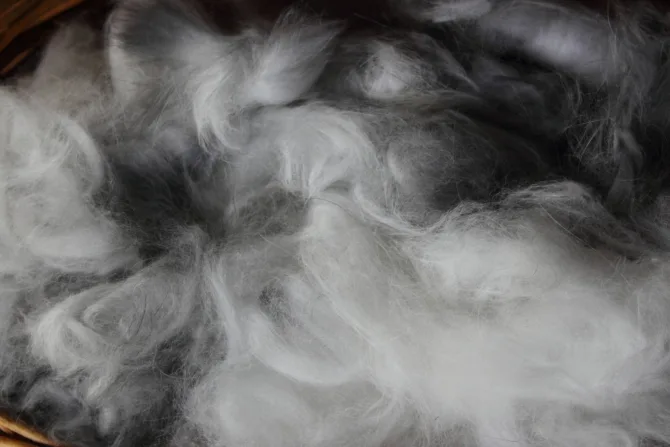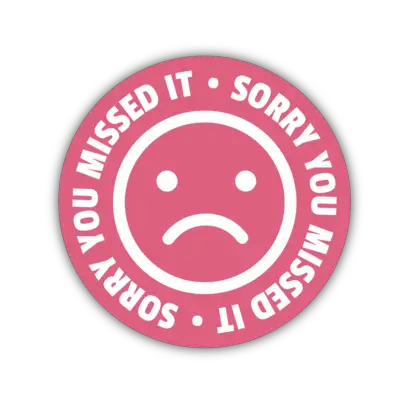
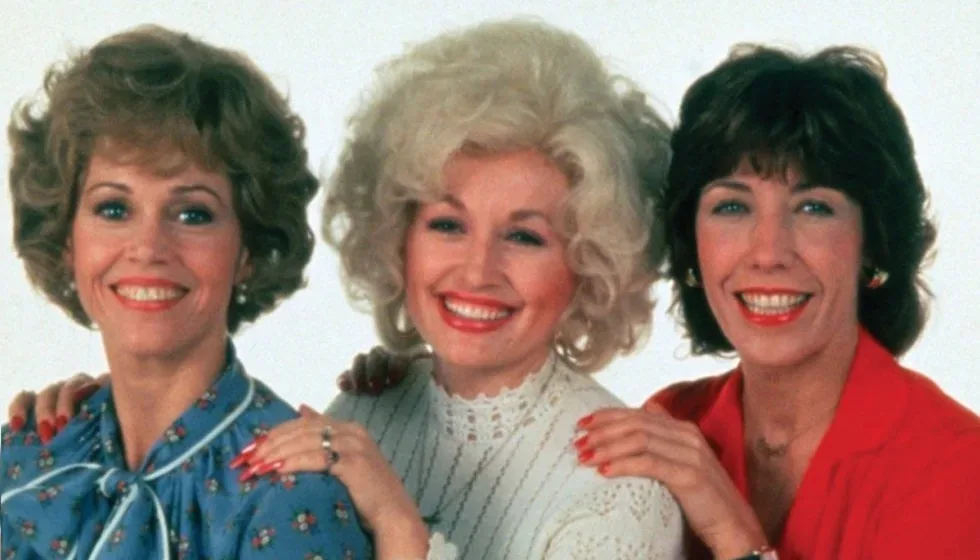
Aug 26 – 30
You heard the song in your head and immediately started bobbing along, didn’t you?
Nine to Five is a reminder of when theatrically released comedies could still dominate the box office. It earned $103 million domestically—$354 million in today’s money—making it the second highest-grossing movie of 1980. (In first place? The Empire Strikes Back.) It’s also one of the few ’80s comedies where all three leads are just as beloved now as they ever were.
The office farce stars Jane Fonda, Lily Tomlin, and Dolly Parton as three harassed and exploited employees who turn the tables on their boorish, misogynist boss (Dabney Coleman). Fonda carried the film from initial idea all the way into its megahit status, and her unabashedly political fingerprints are all over it. It’s a feminist anthem that stood out from the crop (other comedies that year included The Blues Brothers, Smokey and the Bandit II, and Caddyshack), was Dolly’s big-screen debut, and effectively handles workplace harassment, unequal pay, and the fight over childcare while still finding time to have Tomlin bounce around the set dressed like Snow White.
It will also never stop being relevant. There’s a documentary called Still Working 9 to 5 that’s currently making its way through the film festival circuit that examines not only the production of the blockbuster comedy and its adaptations (a five-season sitcom, the 2009 Allison Janney/Megan Hilty stage musical) but also its lasting cultural and political impact. I haven’t seen it yet, but I’m certain there’s a section where an interview subject lets out a huge sigh and says something like “I can’t believe we still have to fight for this 40 years later.”



